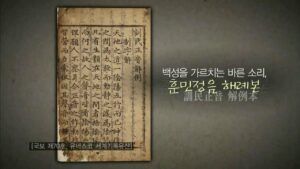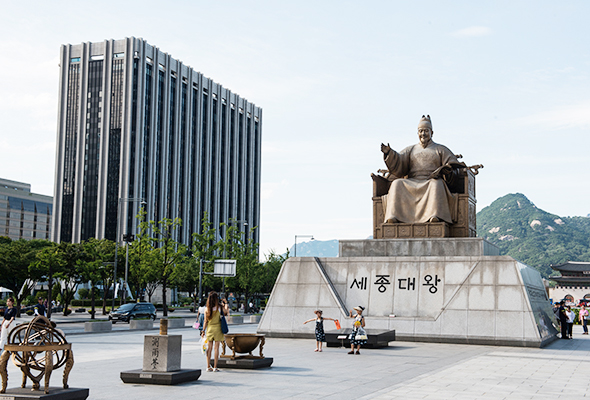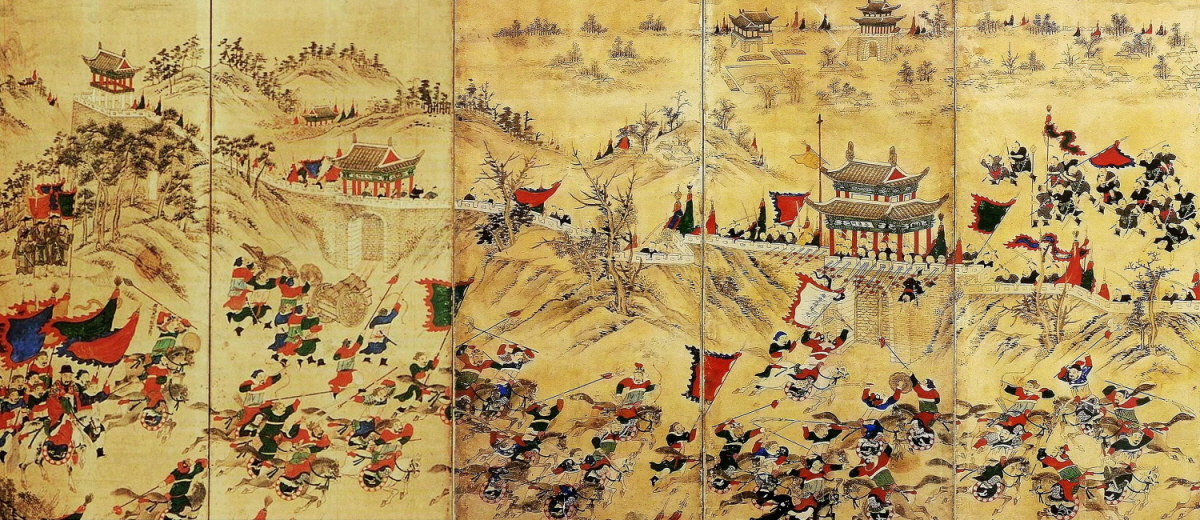Who invented Korean Alphabet, Hangul
Koreans have their own alphabet called Hangul. However, many hardly know that the Korean alphabet is the only letter in the world that is known about who, what, when, where, and why it was created.
You will see two statues erected triumphantly on the Gwanghwamun plaza that is in front of Gyeongbokgung Palace. One is Great King Sejong, while the other is Admiral Yi Sun-sin. Koreans hold both figures in infinite respect. Admiral Yi Sun-sin, renowned as a hero, made history with his victories during the Japanese Invasion of Korea in 1592. King Sejong is also one of the most important figures in Korean history. He struggled to make a proud and powerful kingdom in various fields including science, culture, arts, military, literature… most everything! The most outstanding of his achievements was regarded as the creation of the Korean alphabet ‘hangul’.
So Why did King Sejong create Hangul?
Previously, scholars had learned Chinese and had relied on the Chinese characters for literary purposes, but we did not have our own alphabets. Until creating hangul, we used inconvenient systems that made use of some Chinese characters for making sounds. But Chinese, a language very different from Korean in its vocal patterns and sentence formation, could not describe Korean sounds and structure properly. Also, commoners were not able to learn and master the complexity of Chinese characters so it was impossible for them to read and write.
King Sejong recognized the need to have a separate alphabet different from Chinese characters that everyone could read and write. With the aim of creating a phonetic writing system accurately representing spoken Korean sounds, he, along with a group of scholars at Jiphyeonjeon, completed the system in 1443. It was declared under the name Hunminjeongeum, signifying ‘correct sounds for the instruction of the people’.

Designated as UNESCO Heritage
Initially, many scholars and government officials opposed using Hangul. They argued that its use would be a hindrance to education and government administration that were dependent on the Chinese writing system. However, King Sejong translated popular poetry, religious texts, and well-known literature into hangul to encourage its use. Hangul was thus a political, in addition to a linguistic, achievement. Recognizing Hangul’s scientific superiority, UNESCO chose Hunminjeongeum as Memory of the World in October 1997.

